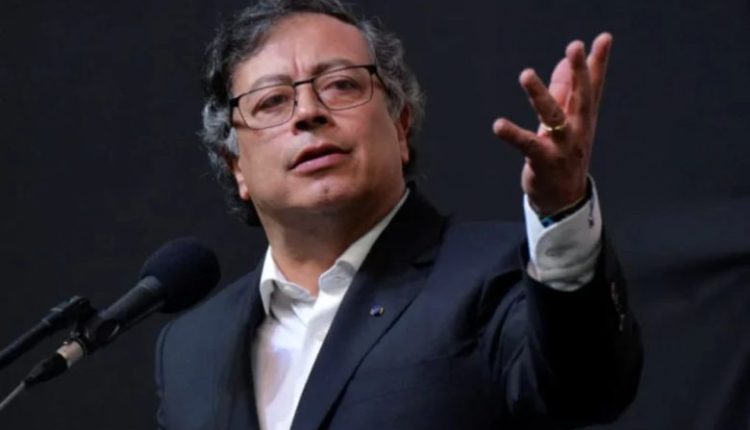“Before Humanity Descends into Barbarism”: Colombian President Calls for the Prosecution of Gaza’s Child Killers and Announces Concrete Humanitarian Initiatives for the Strip
In a firm humanitarian and legal stance placing the Gaza crisis at the heart of the global moral struggle, Colombian President Gustavo Petro on Monday demanded that the killers of children in Gaza face swift and fair trials, warning that the international community’s failure to hold criminals accountable will drag all of humanity into barbarism.
President Petro’s statement, rich in numbers and practical proposals, presented a vision to transform verbal sympathy into tangible international actions that truly serve Gaza’s civilians and honor the rights of victims.
President Petro: 20,000 Martyred Children – A Crime Against Humanity Demanding Immediate Justice
In a post on the “X” platform, Petro described what happened in Gaza as a crime against humanity, explicitly stating that the 20,000 children killed in the Strip must be recognized as victims of prosecutable war crimes and that those responsible must be brought to justice.
He stressed that failure to punish the perpetrators would drive the world into a state of “barbarism”, framing the issue as a moral alarm before it becomes an unending global tragedy.
The president added:
“Palestinian justice must prosecute the war criminals,”
affirming the principle of respecting every nation’s judicial system and calling on the international community to end the era of impunity.
Concrete Initiatives: From a UN Resolution to a “Global Army” and Drug Gold for Gaza’s Children
President Petro’s message went beyond condemnation to practical measures—both internationally and domestically:
-
He announced his intention to submit a resolution to the United Nations proposing the creation of a “global army”—an international force to assist in rebuilding Gaza and protecting it from security and humanitarian collapse following the end or suspension of military operations.
The goal is to establish a robust international framework that safeguards civilians and rebuilds essential infrastructure. -
On the national front, Petro revealed that Colombia’s Anti-Narcotics Agency will donate gold seized from drug traffickers to fund medical care for wounded children in Gaza—a symbolic yet practical gesture connecting the fight against domestic crime to global humanitarian relief.
Legal and Moral Dimensions: Rejecting Impunity and Upholding International Justice
President Petro framed the matter within a clear legal and ethical paradigm:
Holding war criminals and perpetrators of civilian massacres accountable must remain a core priority of the international system—if that system still claims even a minimal degree of human credibility.
His warning against “humanity’s descent into barbarism” underscored that impunity legitimizes further atrocities and weakens the world’s capacity to protect civilians—especially children.
He also emphasized respect for “the justice of every nation,” advocating a multi-level system of accountability that integrates both local and international mechanisms.
Political and Humanitarian Significance: Latin America’s Voice for Gaza
Petro’s position carries two key implications:
-
Latin America Speaks Out – Colombia’s assertive engagement brings the moral and political weight of Latin America into the Gaza issue, amplifying global support for the Palestinian cause and adding diplomatic pressure—especially within the United Nations.
-
From Sympathy to Action – Initiatives such as donating seized gold and funding medical care, alongside pushing for a UN resolution, illustrate a shift from emotional solidarity to actionable steps that alleviate suffering and establish mechanisms of protection and reconstruction.
The Court of History Does Not Wait
President Gustavo Petro’s statement was exactly what leadership should sound like in times of great crimes:
Words with weight, declarations with consequence.
His call for justice, his concrete proposals at the UN, and his redirection of national resources to aid Gaza’s victims collectively form a model of ethical and pragmatic leadership—one that moves the Palestinian issue from condemnation to coordinated global action.
If such courageous positions were echoed by more world capitals, Gaza’s tragedy could become a turning point for rebuilding the foundations of international responsibility—ensuring that barbarism never triumphs over humanity.

